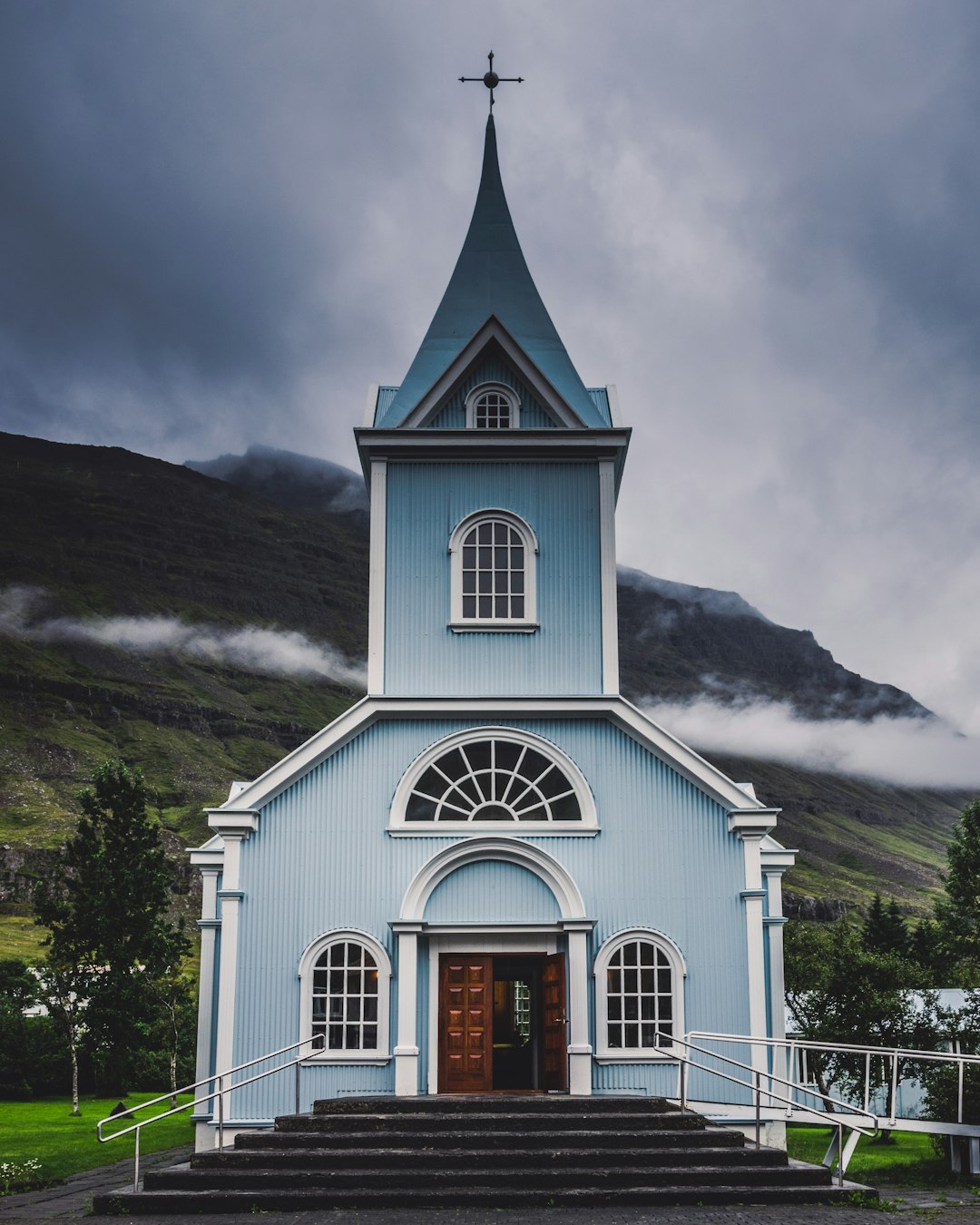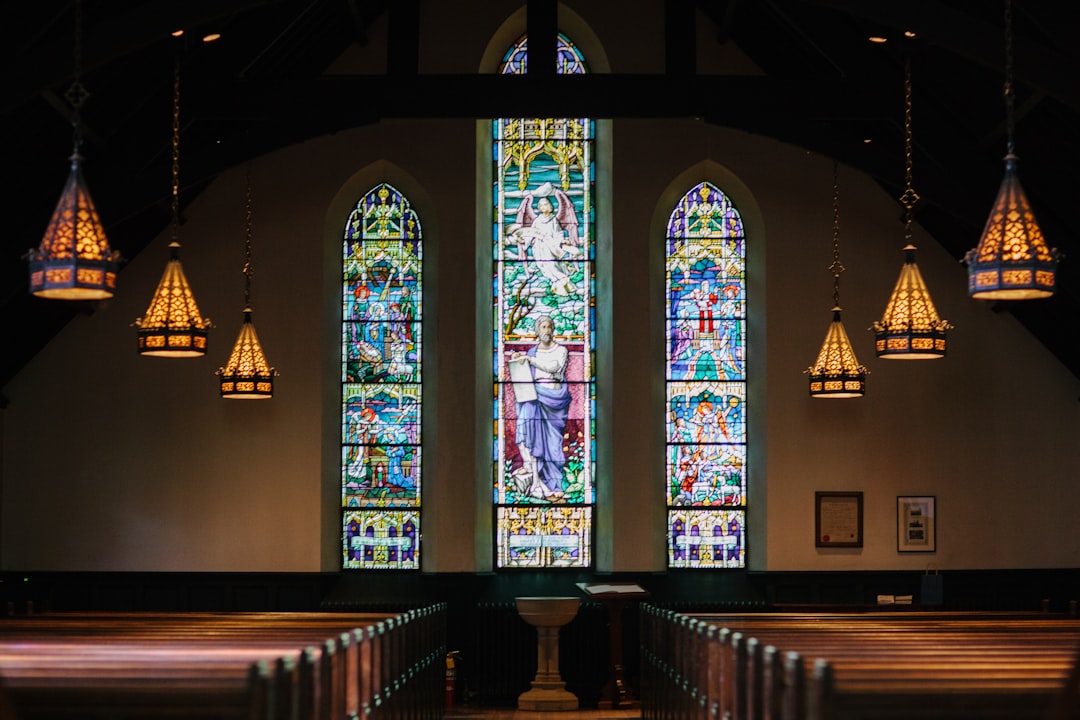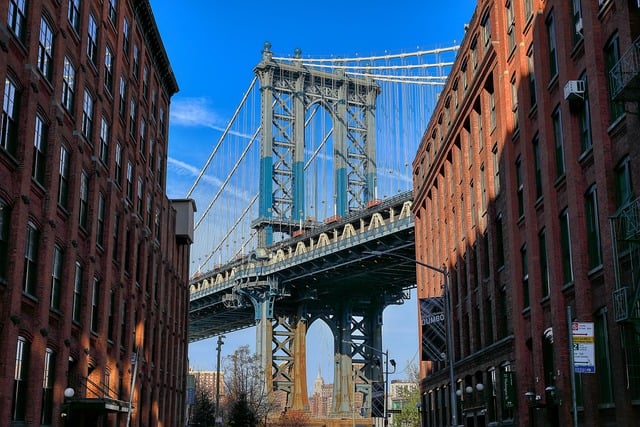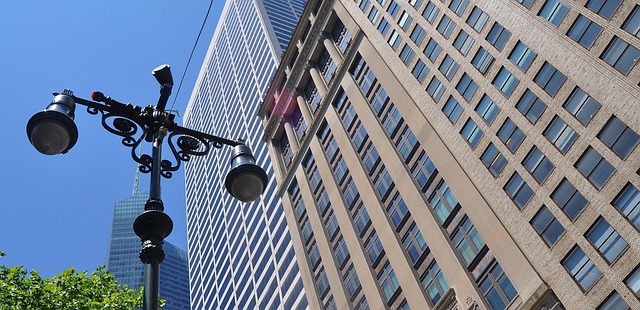In New York, clergy abuse laws and institutional liability regulations protect victims and hold religious organizations accountable for preventing and addressing sexual misconduct by clergy. Reputable clergy abuse law firms assist survivors, ensuring compliance with legal obligations, delivering justice, and fostering institutional reform to create safer environments. These firms offer specialized expertise, compassionate support, and legal representation to revolutionize accountability in clergy abuse cases.
Uncovering Justice: Addressing Institutional Liability for Clergy Abuse in New York
New York state has made strides in holding institutions accountable for clergy abuse, implementing laws that offer victims a pathway to justice. This article delves into the intricate legal landscape surrounding these cases, focusing on institutional liability. We explore how New York’s clergy abuse laws function and the specific responsibilities of religious organizations. Furthermore, we highlight the crucial role a specialized clergy abuse law firm in New York plays in supporting survivors and navigating complex legal procedures.
Understanding New York's Clergy Abuse Laws

In New York, clergy abuse laws have been established to provide a legal framework for addressing and preventing sexual misconduct by religious leaders. These laws aim to protect individuals who may have suffered abuse at the hands of clergy members in the past or present. A reputable clergy abuse law firm in New York can help victims navigate these complex legal systems.
The state’s legislation typically outlines the responsibilities of religious institutions and organizations in responding to allegations of clergy abuse. It sets clear guidelines for reporting, investigation, and accountability, ensuring that churches, synagogues, and other places of worship are held liable for their failure to protect their congregants. Understanding these laws is crucial for victims seeking justice and for religious communities striving to maintain a safe environment for all members.
Institutional Liability: A Deep Dive into Legal Responsibilities

In the context of clergy abuse, institutional liability laws in New York have evolved to hold religious organizations accountable for the actions of their employees and representatives. These laws recognize that institutions, including churches and religious organizations, have a legal duty to protect individuals within their care or under their supervision. When it comes to clergy abuse law firms in New York, specialized legal expertise is crucial in navigating these complex liability issues.
A thorough understanding of institutional liability involves examining various factors such as policy implementation, staff training, and response protocols. Legal professionals specializing in clergy abuse cases in New York work diligently to assess whether an institution has met its obligations to prevent, detect, and address instances of abuse effectively. This deep dive into legal responsibilities is essential for ensuring justice and compensation for victims while also promoting institutional reform and accountability.
The Role of a Clergy Abuse Law Firm in New York

In the complex landscape of clergy abuse cases, a specialized clergy abuse law firm in New York plays an indispensable role. These legal experts are equipped to navigate the unique challenges and intricacies surrounding such sensitive matters. With deep knowledge of state laws, including New York’s institutional liability regulations, they guide victims towards justice and accountability.
A reputable clergy abuse law firm in New York offers more than legal representation; it provides a supportive environment for survivors to share their stories. These firms employ empathetic attorneys who understand the emotional toll of abuse, ensuring that clients receive compassionate treatment throughout the legal process. Their expertise lies in constructing robust cases, gathering evidence, and advocating for the rights of victims, ultimately aiming to hold accountable those responsible for institutional abuse.






